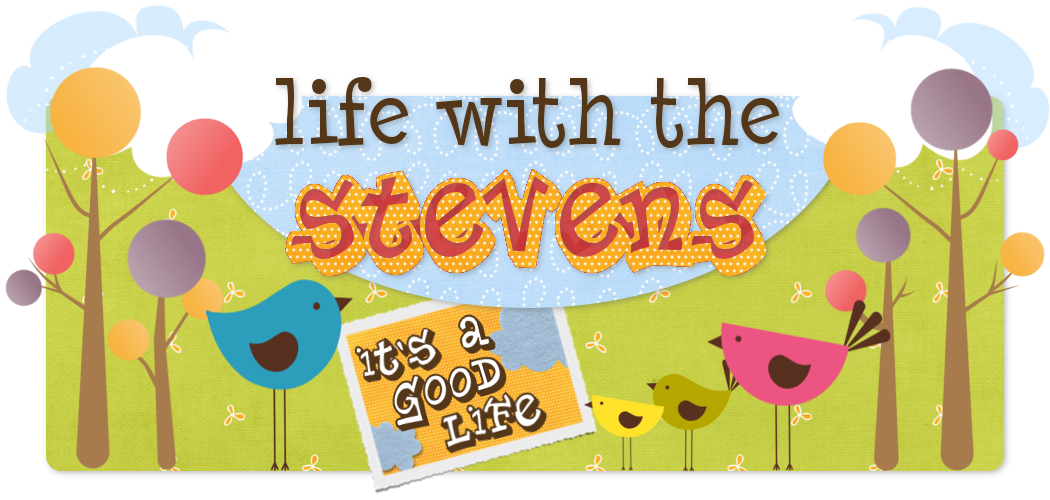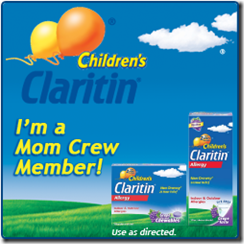Time for a little personal review!
I parent in the way of Attachment Parenting. I cant imagine not living my life this way. It's just what feels natural to me, and I'm surprised more people don't parent this way!
Never heard of it? Well, check this out!
What Attachment Parenting Is
From AskDrSears.com:
Attachment parenting is a style of caring for your infant that brings out the best in the baby and the best in the parents.
7 Attachment Tools: The Baby B'S
1. Birth bonding
The way baby and parents get started with one another helps the early attachment unfold. The days and weeks after birth are a sensitive period in which mothers and babies are uniquely primed to want to be close to one another. A close attachment after birth and beyond allows the natural, biological attachment-promoting behaviors of the infant and the intuitive, biological, caregiving qualities of the mother to come together. Both members of this biological pair get off to the right start at a time when the infant is most needy and the mother is most ready to nurture.
2. Breastfeeding
Breastfeeding is an exercise in babyreading. Breastfeeding helps you read your baby's cues, her body language, which is the first step in getting to know your baby. Breastfeeding gives baby and mother a smart start in life. Breastmilk contains unique brain-building nutrients that cannot be manufactured or bought. Breastfeeding promotes the right chemistry between mother and baby by stimulating your body to produce prolactin and oxytocin, hormones that give your mothering a boost.
3. Babywearing
A baby learns a lot in the arms of a busy caregiver. Carried babies fuss less and spend more time in the state of quiet alertness, the behavior state in which babies learn most about their environment. Babywearing improves the sensitivity of the parents. Because your baby is so close to you, you get to know baby better. Closeness promotes familiarity.
4. Bedding close to baby
Wherever all family members get the best night's sleep is the right arrangement for your individual family. Co-sleeping co-sleeping adds a nighttime touch that helps busy daytime parents reconnect with their infant at night. Since nighttime is scary time for little people, sleeping within close touching and nursing distance minimizes nighttime separation anxiety and helps baby learn that sleep is a pleasant state to enter and a fearless state to remain in.
5. Belief in the language value of your baby's cry
A baby's cry is a signal designed for the survival of the baby and the development of the parents. Responding sensitively to your baby's cries builds trust. Babies trust that their caregivers will be responsive to their needs. Parents gradually learn to trust in their ability to appropriately meet their baby's needs. This raises the parent-child communication level up a notch. Tiny babies cry to communicate, not to manipulate.
6. Beware of baby trainers
Attachment parenting teaches you how to be discerning of advice, especially those rigid and extreme parenting styles that teach you to watch a clock or a schedule instead of your baby; you know, the cry-it-out crowd. This "convenience" parenting is a short-term gain, but a long-term loss, and is not a wise investment. These more restrained styles of parenting create a distance between you and your baby and keep you from becoming an expert in your child.
7. Balance
In your zeal to give so much to your baby, it's easy to neglect the needs of yourself and your marriage. As you will learn the key to putting balance in your parenting is being appropriately responsive to your baby – knowing when to say "yes" and when to say "no," and having the wisdom to say "yes" to yourself when you need help.
more about APing
What AP is NOT (link)
April 20, 2010
Subscribe to:
Post Comments (Atom)































0 comments:
Post a Comment